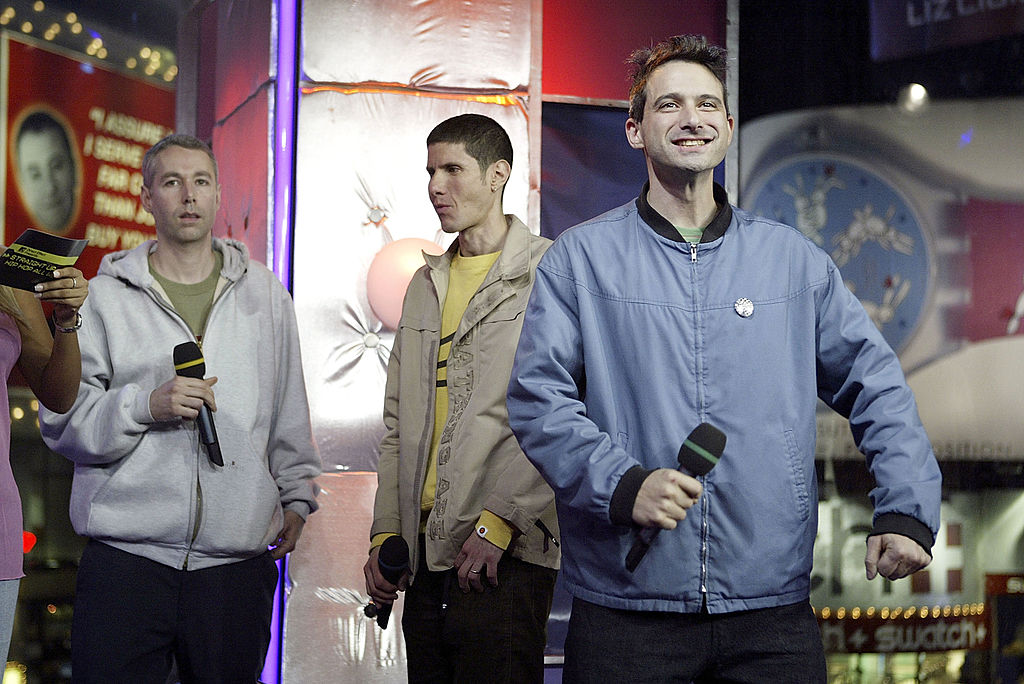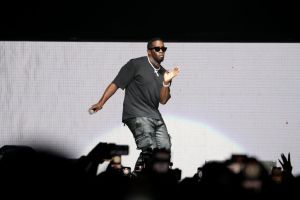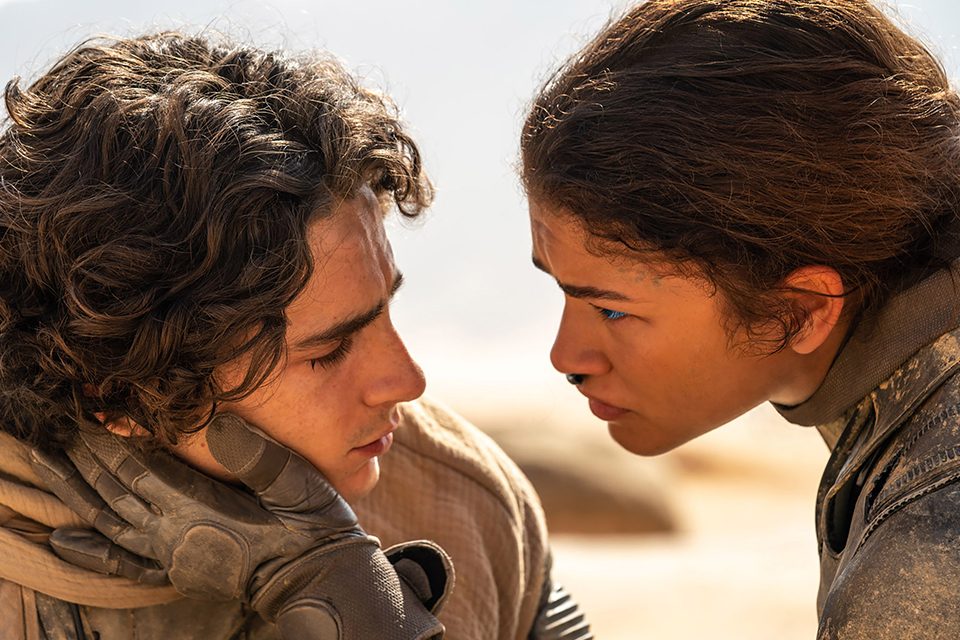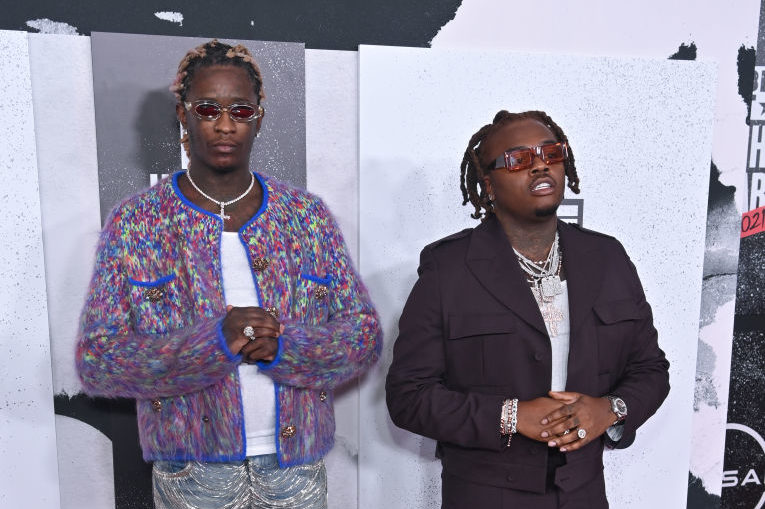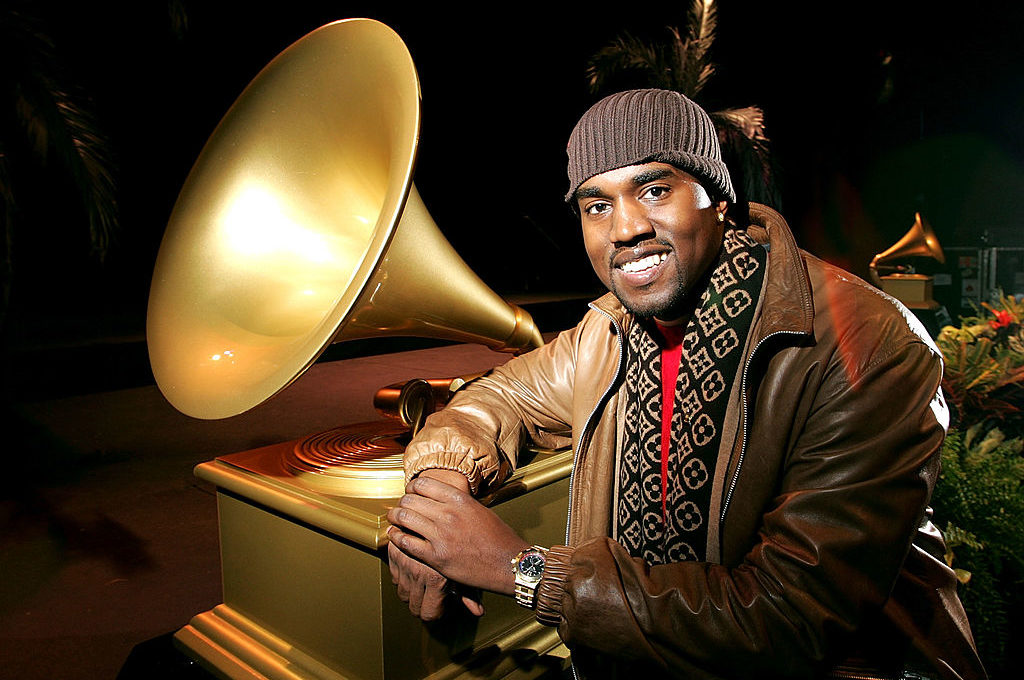In New York in the 1980s, anyone could be anything. That’s how a punk group comprised of three Jewish kids was able to socially transition into hip-hop, team up with super-producer Rick Rubin and go on to release the first rap album to crack the Billboard 200. Beastie Boys, as they were known, consisted of Michael “Mike D” Diamond, Adam “Ad-Rock” Horovitz and Adam “MCA” Yauch. The Billboard-cracking album Licensed to Ill was an instant classic that launched the group into superstardom.
Full of swagger and juvenile nonsense, as well as jabs at swagger and juvenile nonsense, the record was merely the beginning of a long and influential career, one that only ended when, in 2012, MCA died of cancer. One year later, Brooklyn renamed a park in the honor of one of its favorite sons. Now, the city that made Beastie Boys has done the same for the entire trio, renaming the intersection where the cover image for their second album, Paul’s Boutique, was taken as Beastie Boys Square.
This is a mistake. For starters, I regret to inform you that Paul’s Boutique never actually existed. The store in the photo was actually known as Lee’s Sportswear and the Beasties erased whoever Lee was for the album cover.
And second, while the man behind the name change, LeRoy McCarthy, praised the move, saying that while “it took a long time, hip-hop don’t stop,” it ignores the fact that the Beasties’ entire career was an act of cultural appropriation. I should know. As a white kid growing up in an area where the local arts center offered breakdancing classes and boomboxes on shoulders was the norm, Licensed to Ill was the first hip-hop cassette those of us on the paler side of the spectrum really rallied around.
It probably didn’t help that we missed the jabs at swagger and juvenile nonsense on display in “(You Gotta) Fight for Your Right (To Party).” I could personally blame this on the fact that I was in fourth grade at the time, but my youthful lack of understanding on the issue is compounded by my love for Elvis Presley, another notorious appropriator.
Some, like the aforementioned McCarthy, who is a black man, may point to the fact that hip-hop was born in New York — and the cultural milieu of the city built the artform now known the world over. Others might point out the positive impact Beastie Boys had on spreading that artform around the globe. Still others could counter that I, as a white man, should sit this one out.
However, any such arguments against my position, whether real or imaginary, are wrong. Culture is not the product of the passage of time, of our surroundings, of the people we interact with, or of the shared flourishing of humanity. Culture is a fixed product arising from the ether in distinct geographical locations and to specific peoples and it’s supposed to stay with those people and in those locations.
Before we progress, I must apologize for my own insensitivity regarding this matter. Not only was the first album I ever owned a copy of Elvis’s Gold Hits, not only did I have Licensed to Ill on cassette, I have also seen Beastie Boys in concert.
It was 1998 and they were touring in support of Hello Nasty, their fifth studio album. We traveled from our remote outpost in Arkansas all the way to Kansas City, a drive upwards of three hours each way, to see them perform at what was then known as Kemper Arena. The internet tells me it was on August 7. A Tribe Called Quest opened for them.
I am ashamed at how much I loved the show and how, even now, I still describe that act of theft with words like “incredible,” “amazing” and “unforgettable.” Being in an arena meant that some of the seats were not directly facing the stage but facing the side of the stage. No worries, though. In order to best culturally assault everyone, Beastie Boys had a special platform in the center that rotated periodically, giving everyone a view of them as they offered an energetic and engaging performance, one that I’ll never forget.
Alas, I mean thankfully that was the only time I went to a Beasties concert. I did get to see the DJ from that tour, Mix Master Mike, spin records solo at a club in Nashville a few years later, but that’s neither here nor there. I’m also definitely not listening to Licensed to Ill while writing this column.
With the dissolution of the band, Beastie Boys and their reign of appropriative terror could have been relegated to streaming services, CDs, DVDs, books, movies, an upcoming four-LP release of 1992’s Check Your Head and my playlists. With this move by New York, though, now they will live in infamy forever, or at least until someone successfully petitions the city to rename Beastie Boys Square to honor either Lee, of sportswear fame, or the indigenous people who ran the store before him.



